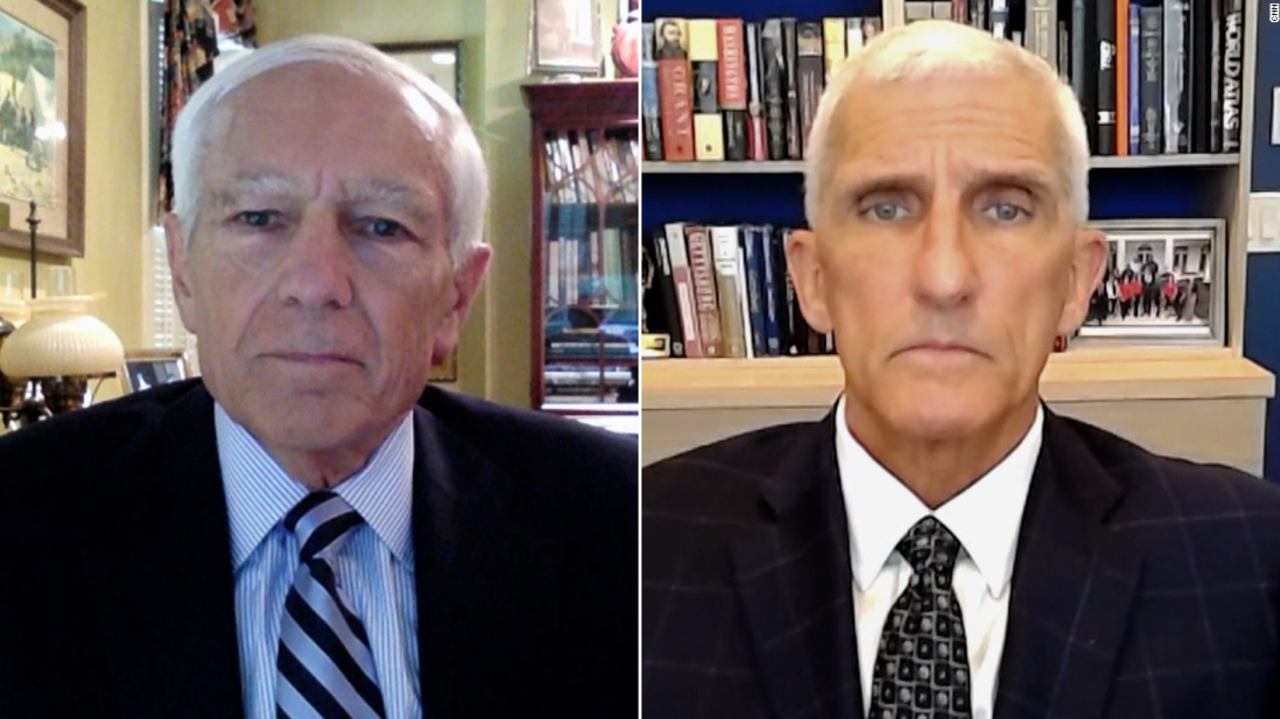Conscription is to be introduced for all male citizens of Latvia aged 18 to 27, the country’s Ministry of Defense announced Monday.
Over the next five years, all male citizens in this age range “will have to choose one of the four types of military service: State Defense Service, National Guard, Section Commander University Course or alternative services at Ministry of Interior, Health or Welfare,” the ministry said in a press release.
Female citizens in this age group will be offered “the same opportunities on voluntary basis,” the ministry said.
Defense Minister Artis Pabriks said the “Latvian population must realize that in order to survive we simply must increase the share of population that has received military training and is ready to engage in combat. This should reduce the risk of Russia attacking Latvia at will.”
Pabriks added that “2014 made us focus more on rearming and better combat readiness of our armed force units. These goals have been successfully achieved.”
In 2014 Russia invaded and annexed Ukraine’s Crimean Peninsula.
“However, the security implications of Russia-Ukraine war have led to numerous new challenges,” Pabriks said. “To overcome them, we need to boost our combat capabilities and develop army reserve.”
The Defense Minister said: “It has become apparent that we have exhausted the voluntary service potential of National Guard and professional service, while further increase of the number of military personnel is associated with excessive risks.”
“That is why we need to focus on increasing the number of Latvian residents capable of joining defense forces in case of military conflict,” he added.
As part of the first phase of the project, Latvia’s Ministry of Defense will offer voluntary military training to Latvian citizens aged 18 to 27, starting in January 2023.
Enlistment will be carried out in two stages, in January and July.
The ministry estimates that during the first year, the State Defense Service will attract around 1,000 new soldiers (500 in each recruitment stage).
They will be required to serve for one year, including one month of leave.
New recruits will undergo a three-month basic training and a three-month specialty course, while the remaining months “will be devoted to integration into units and collective training,” the ministry said.
“All recruits will be socially protected. According to plans, each new soldier will receive a monthly salary of up to 400 euros, free food and accommodation in army barracks,” the ministry said.
Over the next five years the ministry plans to increase the share of the combat-ready population in the National Armed Forces to 50,000 troops.
“Of these, 14,000 troops would form active service units, while 16,000 would join National Guard and 20,000 would form the reserve force,” the ministry said.
















